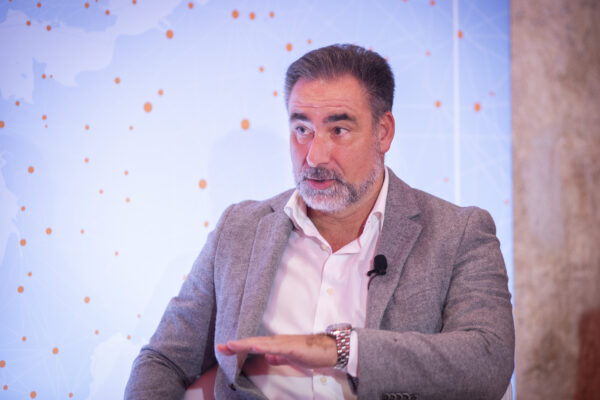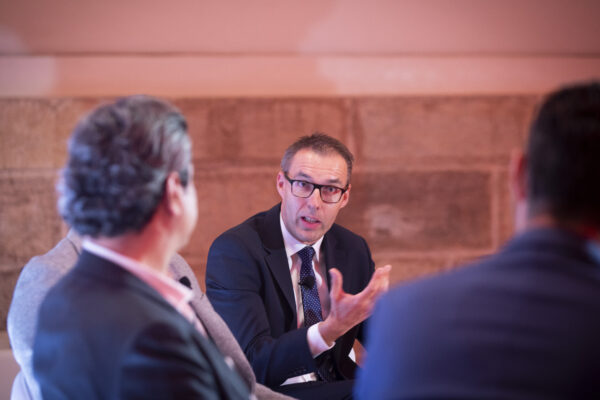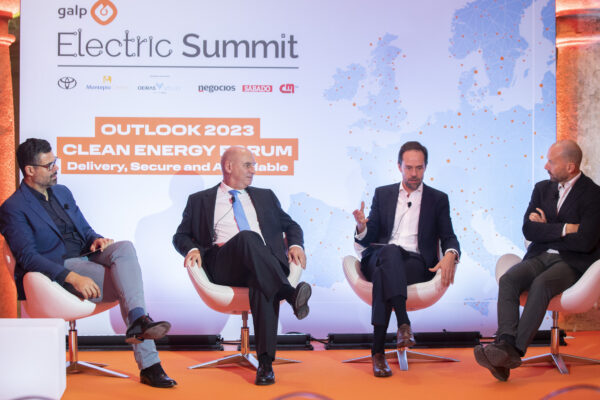Companies and sustainability as a competitive factor
With consumer choices increasingly focused on the environment and sustainability, the companies which will survive and thrive going forward are those which manage to grow and differentiate themselves in line with the fundamental environmental, social and governance principles, called the ESG index.
A study carried out by EY revealed that the vast majority of Portuguese consumers will prioritize the environment and climate change in their lifestyles and consumer choices, choosing brands that disclose their products’ impact on society and the environment.
A behaviour shift to which companies must pay attention if they are to face this new challenge head on. And it appears that they are. In its document Portugal: Challenges for 2022, the consultancy firm EY states that ESG (Environmental, Social and Governance) issues will definitely form part of the core of the strategy, culture and purpose of companies that intend to lead their business sectors.
According to the experts, “Any company’s positioning towards the ESG should be structural and the goals increasingly ambitious, becoming a basis for differentiation in the market.” They argue there is no more room for incremental approaches to this issue. “This imperative arises from the employment of degenerative practices over several generations that have recently set alarm bells ringing in different contexts”.
Extreme weather conditions
An example of this is the fact that in the last two years there have been extreme weather conditions which changed the lives of millions of people, including floods, storms in Spain, Germany and China and fires in southern Europe. Indeed, last year’s “Overshoot Day” – the date on which humanity consumes all the natural resources the planet can renew for a year – happened on 29th July, going back to pre-Covid levels. This year will be no different. The date on which we have exhausted the year’s natural resources is expected to be 28th July.
In 2021, the United Nations Secretary-General, António Guterres, described a report published by the Intergovernmental Panel on Climate Change (IPCC) as a “code red” for humanity. EY states, “The discussion cannot be about whether the goals and actions planned to halve carbon emissions by 2030 and eliminate carbon emissions by 2050 (or earlier) are realistic or not. Failure is no longer an option. Organisations which are not aligned with these principles and their urgency will be, in front of everyone, going along with a process of global (and organisational) destruction. Investors, consumers, non-governmental organisations, regulators, and many organisations, among others, know this.”
The pressing need to differentiate business
Experts therefore believe that the big winners of the future will be those who manage to grow and differentiate their business in line with the fundamental principles of ESG, demonstrating the ability to impact not only their companies but above all, value chains, industries and ecosystems.
The examples cited by the consultancy firm in its document “Does knowing the challenges help you find the way?” can be found everywhere. Larry Fink, the CEO of BlackRock, the world’s largest Asset Management fund, wrote his annual letter to CEOs in 2021 warning that there is no company whose business model will not be profoundly affected during the process of switching to a net zero economy. He also states that companies which do not adapt quickly will see impacts in terms of the business and its valuation.
Furthermore, EY’s Future Consumer Index for Portugal highlights domestic consumers’ concerns regarding this issue, with 65% prioritising the environment and climate change in the way they live and the choice of products they buy, and half (50%) are more inclined to purchase brands that disclose the impact their products have on them and the planet.
A study by Gartner indicates that 68% of employees would consider changing jobs to companies with stronger views on social issues. EY cites the examples of Microsoft, Google and Natura, which not only have goals to achieve carbon neutrality in the next few years, but also try to go further. They seek to cancel out their historical footprint (in full), even creating a “surplus”, thus setting the standard for the industries in which they operate.











